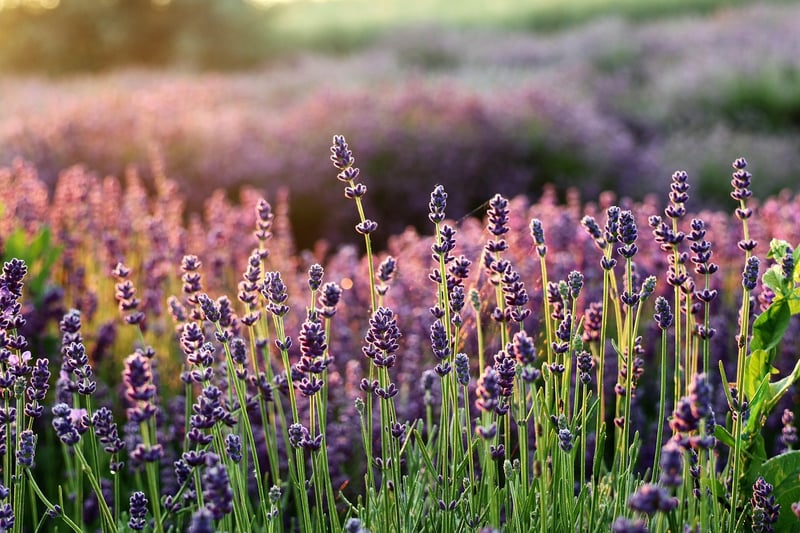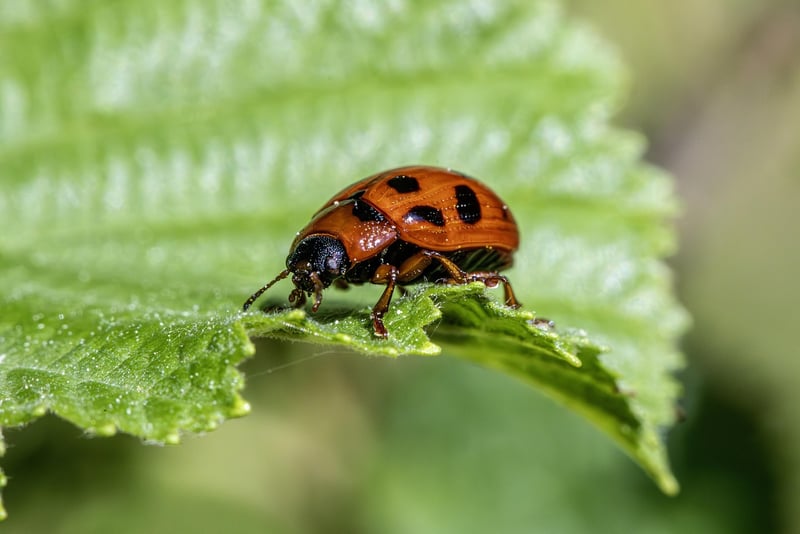Natural Pest Control
Environmentally Friendly Gardening Methods and Natural Pest Control
Introduction
Gardening is a wonderful way to connect with nature and enjoy the beauty of plants. However, conventional gardening practices can sometimes harm the environment through the use of chemicals and pesticides. In this article, we will explore environmentally friendly gardening methods and natural pest control techniques to help you maintain a healthy garden while minimizing harm to the ecosystem.
1. Companion Planting
Companion planting involves growing certain plants together to benefit each other. For example, planting marigolds alongside tomatoes can help repel pests due to the marigolds' strong scent. Research companion planting strategies to create a harmonious and pest-resistant garden.
2. Organic Mulch
Using organic mulch, such as shredded leaves or grass clippings, can help retain moisture in the soil, suppress weeds, and improve soil health. Mulch also provides a habitat for beneficial insects that can help control pests naturally.
3. Natural Pest Control
Instead of using chemical pesticides, consider natural pest control methods. For example, introducing ladybugs to your garden can help control aphids, a common garden pest. You can also use insecticidal soaps or neem oil to target specific pests without harming beneficial insects.
4. Attract Beneficial Insects
Encourage beneficial insects, such as lacewings and hoverflies, to visit your garden by planting nectar-rich flowers like lavender and coneflowers. These insects prey on pests like aphids and caterpillars, helping to keep your garden in balance.
5. Crop Rotation
Rotate your crops each season to prevent the buildup of pests and diseases in the soil. By planting different crops in the same area each year, you can disrupt the life cycles of pests and reduce the need for chemical interventions.
Conclusion
By adopting environmentally friendly gardening methods and natural pest control techniques, you can create a thriving garden that benefits both you and the ecosystem. Take the time to learn about alternative approaches to conventional gardening practices and enjoy a more sustainable and harmonious garden environment.


Learn more:
For additional information on environmentally friendly gardening practices, visit National Wildlife Federation - Sustainable Gardening.
